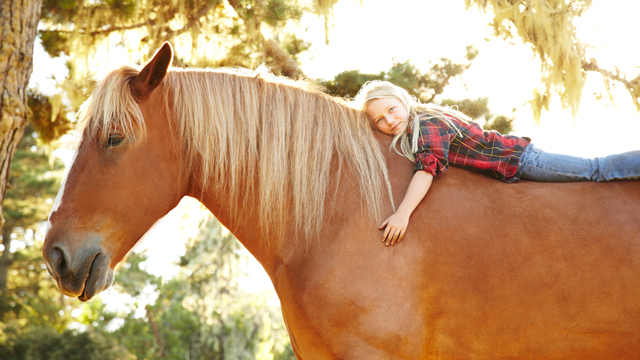
The animal kingdom has been closely connected to man since Adam was given the responsibility of naming all the animals in the Garden of Eden. The relationship between humans and animals are so interdependent that Noah was instructed to bring two of each species on the ark in order to sustain life. Animals work for us, feed us, and provide us with companionship, yet the debate over the ethical treatment of animals continues.
While the way we interact with animals has evolved over the centuries, the laws regarding how we should treat them remain constant. The chapter, Ki Tetze, outlines the rules that inform a kabbalistic approach on how we both individually and as a society treat animals. Kabbalah teaches that our relationship with all things has an impact on how we grow, learn, and increase our consciousness; the human-animal relationship is no exception. Approaching the animal kingdom with kindness and compassion is not only a matter of morality, it also provides an opportunity to increase Light in the world and help animals fulfill a larger purpose.
In biblical times, it was more common for an animal to work for their owner than to keep them company. Therefore, the wisdom of Ki Tetze speaks directly to those who work in the field: “Do not plow with an ox and a donkey together.” An ox is obviously much stronger than a donkey and if the two were yoked together to plow a field, the donkey would be forced to pull a heavier load than its body is built for. This rule clearly states that animals are not to be exploited for labor. But kabbalists take it a step further by interpreting it to mean that we must never make an animal suffer—on the field, or otherwise.
The role Adam took in the Garden of Eden reminds us that we have a responsibility to nurture life around us. By watering plants and weeding their beds, we enable them to thrive and as a result provide us with oxygen to breathe. When we take care of living things, they take care of us.
Welcoming animals into our home is common nowadays. Whether you live in an urban or rural environment, owning a pet provides one with more than just companionship and joy. Animals can actually be beneficial to our health. An increasing number of studies show that having an animal in the house reduces instances of allergies in infants, anxiety in Alzheimer’s patients, and decreases depression and high blood pressure.
Considering the significant perks pets provide, it seems natural that we look out for them. But, living a kabbalistic life means the care we give animals should go beyond their basic survival needs. Prohibiting animal suffering sometimes requires us to be proactive. The chapter Ki Tetze also explains that if we see an animal carrying a load that is too heavy, we are obligated to relieve them of the burden. This is even the case if the animal belongs to our enemy! Our arguments must remain between people. Not only are we not allowed to harm an animal for our gain, it is not permitted to let an animal suffer as a result of a dispute.
Shabbat solidifies this connection between the Creator, humans, and animals. The Creator rested on the seventh day, therefore, humans and animals enjoy the same mandated rest. Neither can be expected to work seven days straight. Like us, animals require rest to restore strength and energy. We have an obligation to insure the wellness of all living things, despite their purpose in this lifetime.